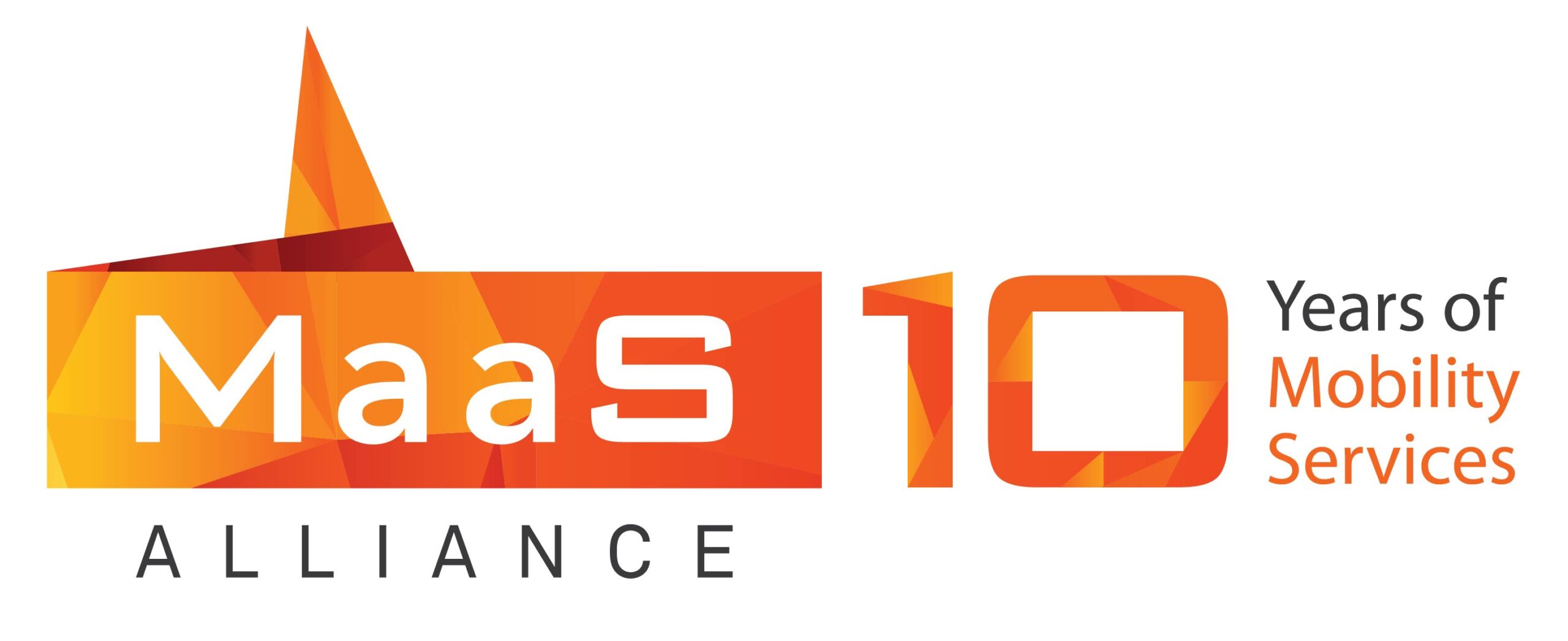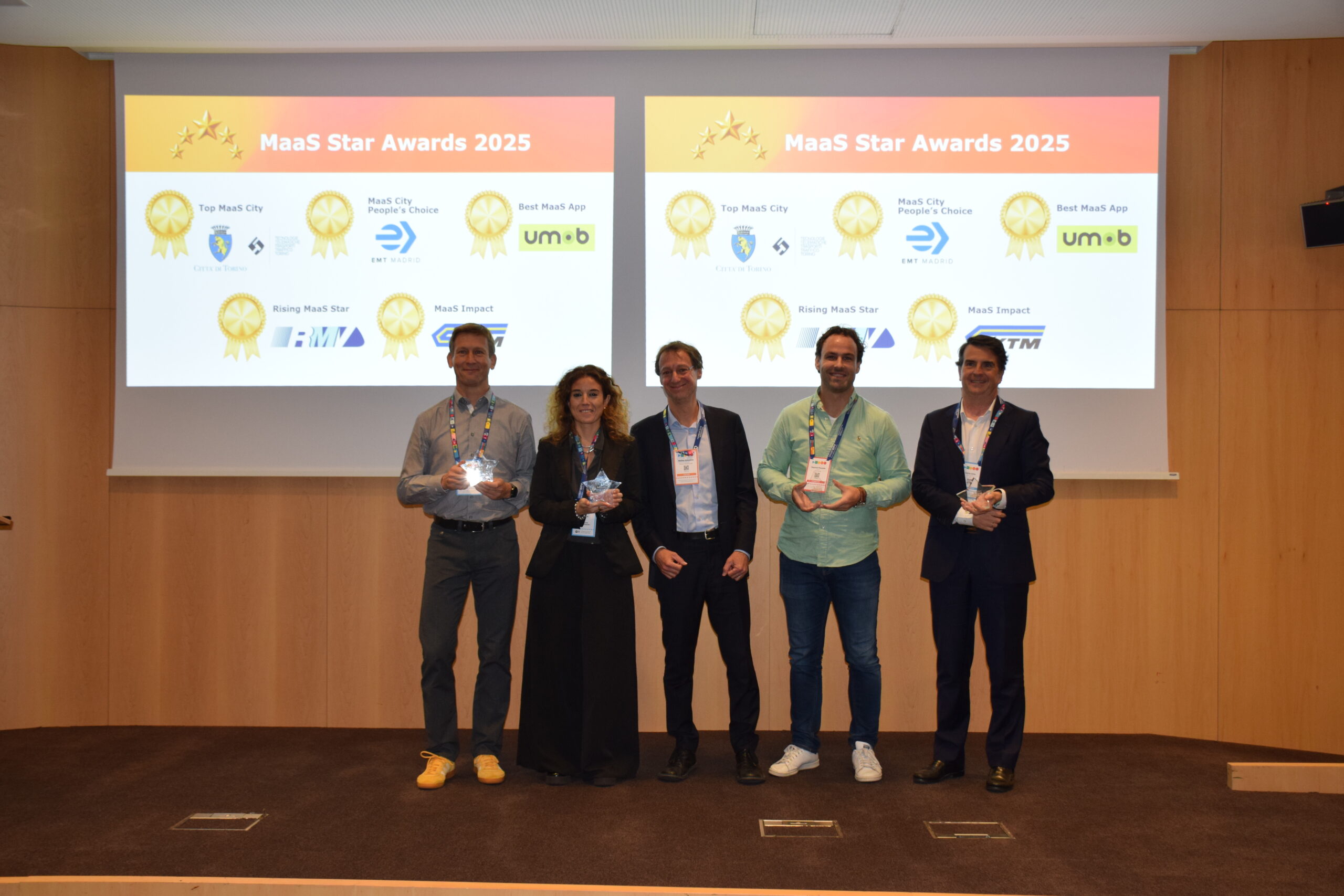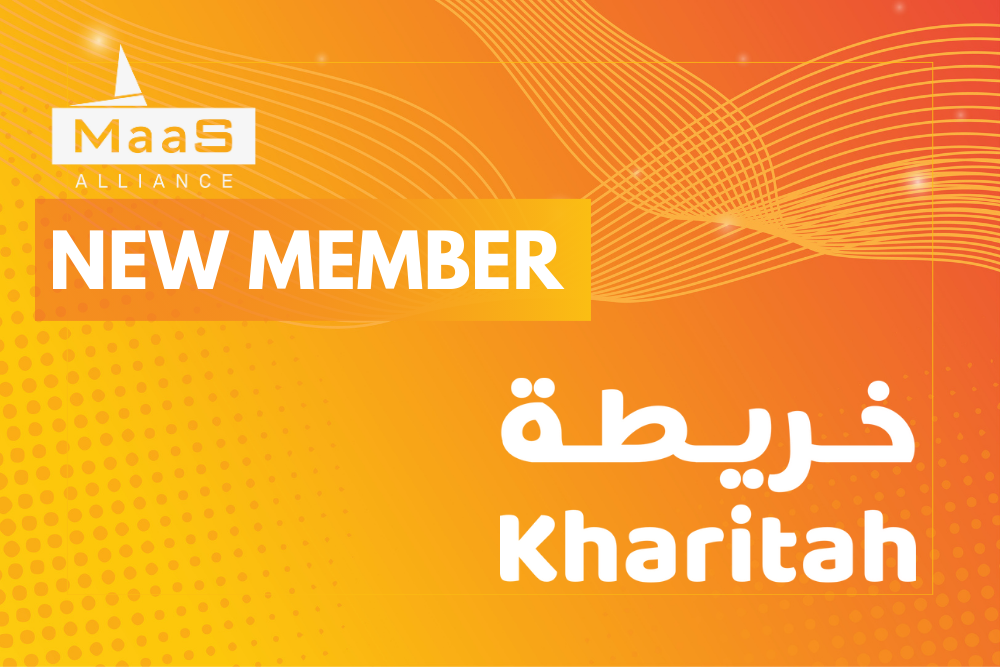
[PRESS RELEASE] Brussels, Thursday, 25 November 2021. The MaaS Alliance announces the launch of the White Paper on Interoperability for Mobility, Data Models, and API: Building a common, connected, and interoperable ground for the future of mobility.
Mobility as a Service (MaaS) provides a new approach to travel as an all-inclusive experience: it opens several mobility options to travellers via a single application. Since mobility involves a remarkably diverse set of stakeholders with their perspectives, constraints, and information needs than other domains, an all-inclusive mobility experience requires a standardised way to share information within the Mobility Eco Chain between all stakeholders.
In August 2020, MaaS Alliance set up two working groups to examine existing API and Data Models, which was opened to all players within the ECO Chain: members & non-members of the MaaS Alliance, in order to gain a wider involvement from the mobility sector and Mobility as a Service (MaaS) community. To collaborate within the Mobility Eco Chain, we need to understand each other to gain on the output of MaaS. We collaborated with the best and most professional players in the Mobility Eco Chain to draft a position paper.
The primary audience for the position paper are transport operators, but also mobility data system architects and consultants for MaaS stakeholders and all players within the Mobility Eco Chain
The aim is to define an all-purposed API for MaaS and/or a recipe to reach one common standardised way to exchange information between all stakeholders. The joint working group compared different existing data models, formats, API specifications since it helps identify a minimal set of common elements.
Based on the findings, the authors drew the following conclusions:
- There is no need of creating yet another standard for MaaS, but there is a crucial need for better, more fruitful conversation between all standardisation stakeholders to build consensus together, realigning models from a relationship point of view;
- Pivotal Points of Interoperability, Consensus Framework and Minimum Interoperability Mechanism (MIM) are approaches that help to build interoperability;
- Mapping data models at the concept level is complex. It requires a lot of time and detailed knowledge about each of them. This can only be achieved as a continuous and collective effort.
Projects and groups advocating for open standards (such as MaaS Alliance, DATA4PT, ITxPT, MobilityData, or NAPCORE) need to work together. We all share a similar vision to ensure seamless travel for all across the continents. The MaaS Alliance will facilitate the comparing, aligning and developing the data models and API`s used within the Mobility Eco Chain to make sure all members and non-members are talking the same language so that everybody can focus on the output of MaaS.
Access the White Paper here.
NOTE TO THE EDITOR:
The MaaS Alliance is a public-private partnership creating the foundations for a common approach to MaaS, unlocking the economies of scale needed for successful implementation and take-up of MaaS in Europe and beyond. The main goal is to facilitate a single, open market and full deployment of MaaS services.
For more information, contact Roelof Hellemans, Secretary-General: info@maas-alliance.eu



